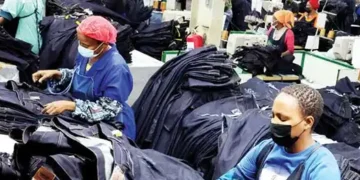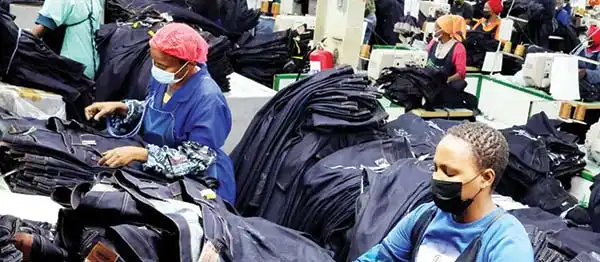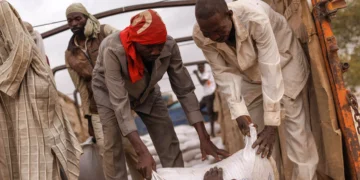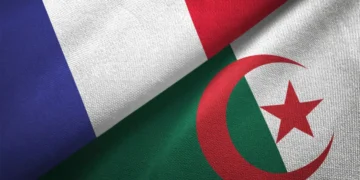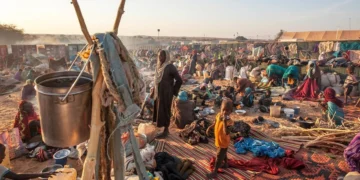Blitz Bureau
South African products exported to the US will be hit by a 30% tariff from 7 August, President Donald Trump has announced. South Africa faces the highest rate in sub-Saharan Africa, reflecting Trump’s strained relationship with the government of President Cyril Ramaphosa.
Other African nations, including Nigeria, Ghana, Lesotho and Zimbabwe have been hit with a 15% tariff, which will also come into effect in seven days. The decision is a huge blow to South Africa, as the US is its second-biggest trading partner.
Looking across the whole continent, including North Africa, exports from Algeria and Libya will now also incur a 30% tariff at the US border. Tunisian goods are facing a 25% rate. Goods from Kenya and Ethiopia, on the other hand, will be charged at the lower 10% rate.
Tariffs are taxes charged on goods bought from other countries – typically, they are a percentage of a product’s value. Trump argues that introducing tariffs will protect American businesses from foreign competition and also boost domestic manufacturing and jobs.
South Africa’s automobile, farming and textile sectors had enjoyed dutyfree access to the US market under the African Growth and Opportunity Act (Agoa), which was enacted in 2000 to help countries on the continent create jobs and grow their economies. Trump’s announcement effectively spells the end of Agoa, even though it is officially up for review in September.
Ahead of Trump’s 1 August deadline, South Africa had been trying to agree a trade deal with the US, which included buying US liquefied natural gas, simplifying rules for US poultry imports and investing $3.3bn (£2.5bn) in US industries like mining, according to the Reuters news agency. Lesotho Trade Minister Mokhethi Shelile lamented the announcement of the 15% tariff on his country, telling the BBC that the country’s textile and garment industry “will not be able to compete at all” with other markets.
